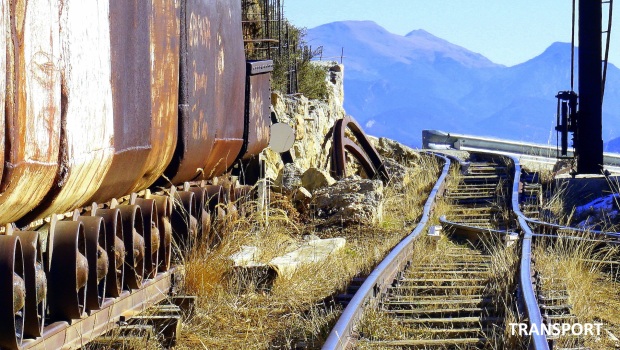
In my day job, I work with regulators often. I take on a more outward promotion role but I need to coordinate with counterparts from regulatory offices to improve our promotion efforts. Countries with reputation for good, sensible and wise regulators then to do well in terms of perceptions by investors. Of course, the past two decades of global economic trajectory may have altered this slightly (as the sheer momentum and weight of the emerging economies take hold more so than reputation of regulators); and as a consequent, countries which were “well-regulated” realised that they ended up falling behind because regulation tend to preserve status quo better than markets do.
Regulation needs to increasingly keep up not by just suspending rules or simplifying them. These actions are often needed and review processes need to be radically reduced for regulators to adapt to the volatile world quickly. More importantly tolerance or intolerance of mistakes must stem from an enlightened understanding of operations being regulated so that the spirit of rules rather than just the letter is being complied with.
Political leadership to such change is of paramount importance. Regulators are normally bureacrats who relies on political leaders to give them cover and even directions. Leaders who are too easily shaken by public opinions and populists tend to do a bad job supporting regulators’ work because of the generally negative perception associated with them. On the other hand, a publicly popular regulator may not necessarily be a good sign of a job well done. This tension has to be well balanced.
